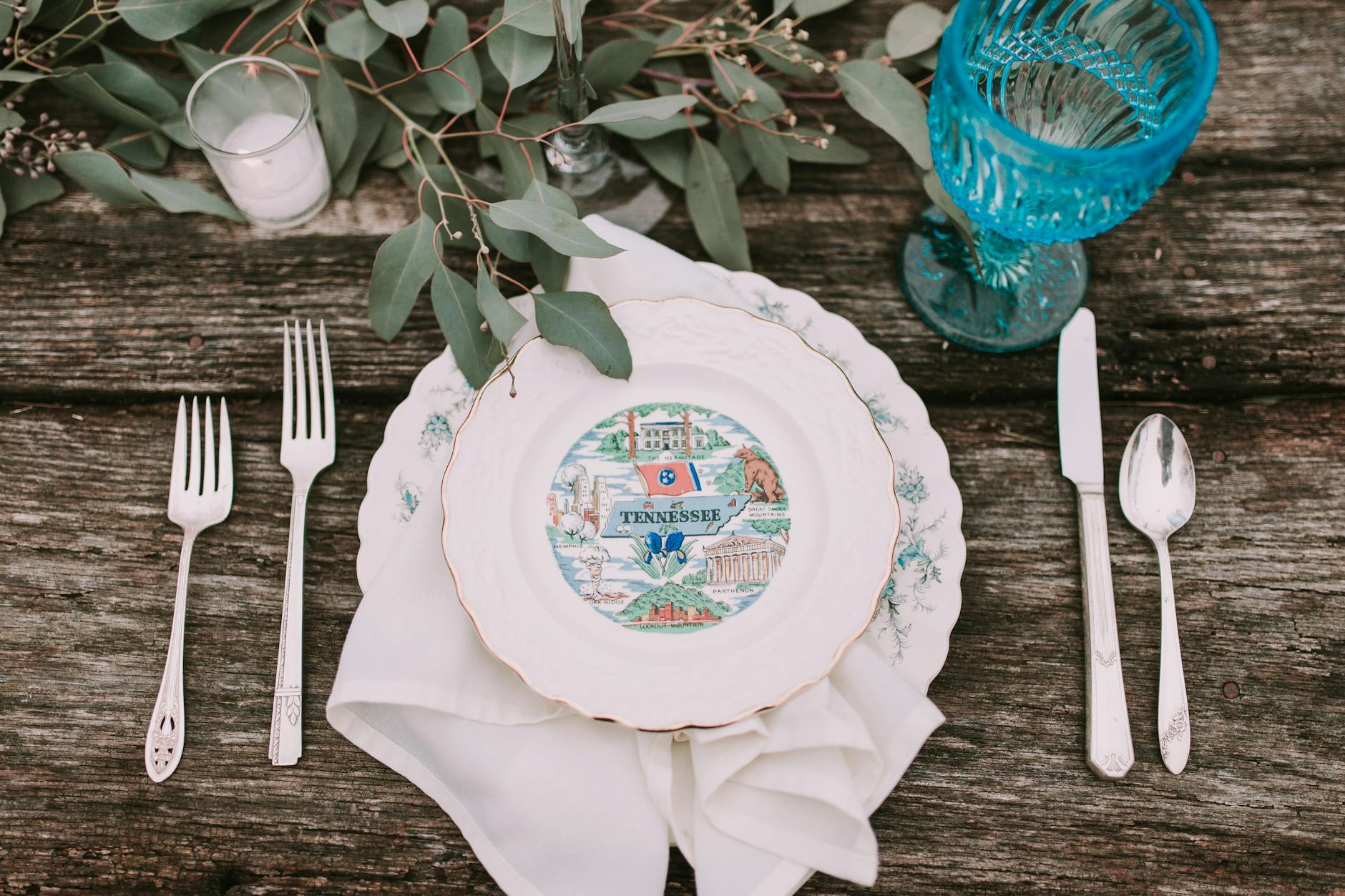The Power of 'Ma'am': Decoding the Unwritten Rules of Southern Hospitality

Every culture has its own unwritten rules of politeness, a complex grammar of respect that you only learn by living there. In Korea, this system is deeply embedded in the language itself. We have different verb endings and levels of formality depending on who we are speaking to—an elder, a boss, or a friend. It is a very structured and precise system.
When I moved to Georgia, I discovered a different, but equally powerful, system of politeness. It is a system built around a few key words, and the most important of these are "ma'am" and "sir."
At first, being called "ma'am" by an adult was a bit of a shock. In my mind, "ma'am" was a word you used for a very old, distinguished woman, perhaps the Queen of England. As a teenage girl, it felt strange. But I quickly learned that in the South, "ma'am" and "sir" are not about age; they are about respect. They are used by children when speaking to any adult, by a cashier when speaking to any customer, and by a student when speaking to any teacher. They are the default setting for polite interaction.
What I find fascinating, as someone who loves patterns, is how these words function. They are a way of showing deference and acknowledging the other person in a conversation. It's a verbal signal that says, "I see you, and I respect you." In a world that often feels increasingly rushed and impersonal, this small act of verbal courtesy can be incredibly powerful. It slows down an interaction and makes it more human.
This is part of a broader concept known as "Southern hospitality." It's the idea that being welcoming and gracious to strangers and neighbors is a core community value. It manifests in many ways: the neighbor who brings over a pie when you move in, the person who holds the door open for you at the store, or the friend's parent who insists you stay for dinner.
Of course, like any cultural tradition, it has its complexities. Some people find the constant use of "ma'am" and "sir" to be overly formal or even old-fashioned. And historically, these same terms of respect were often demanded by white Southerners from Black Southerners as a way of reinforcing a racial hierarchy, a painful legacy that adds a complicated layer to the words.
But in my daily life here, I have come to appreciate this different grammar of politeness. It is less about the strict rules of verb endings that I grew up with in Korea and more about a consistent, democratic application of respect in everyday encounters. It is a reminder that a little bit of formality can actually create a warmer, more welcoming community. It’s a small but powerful piece of the Southern cultural puzzle.
